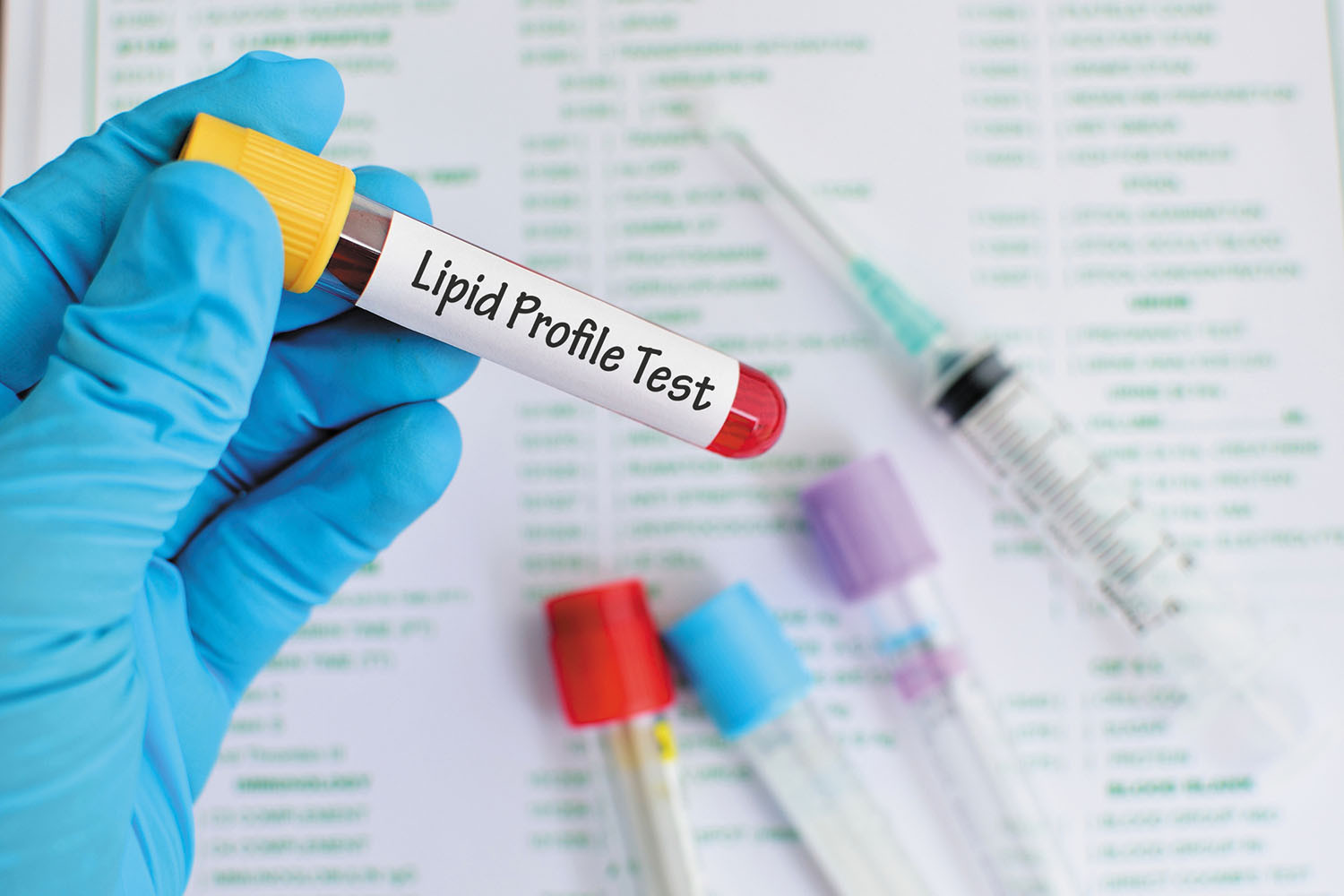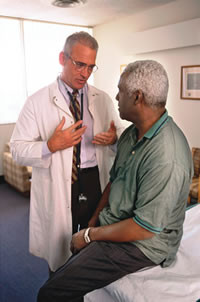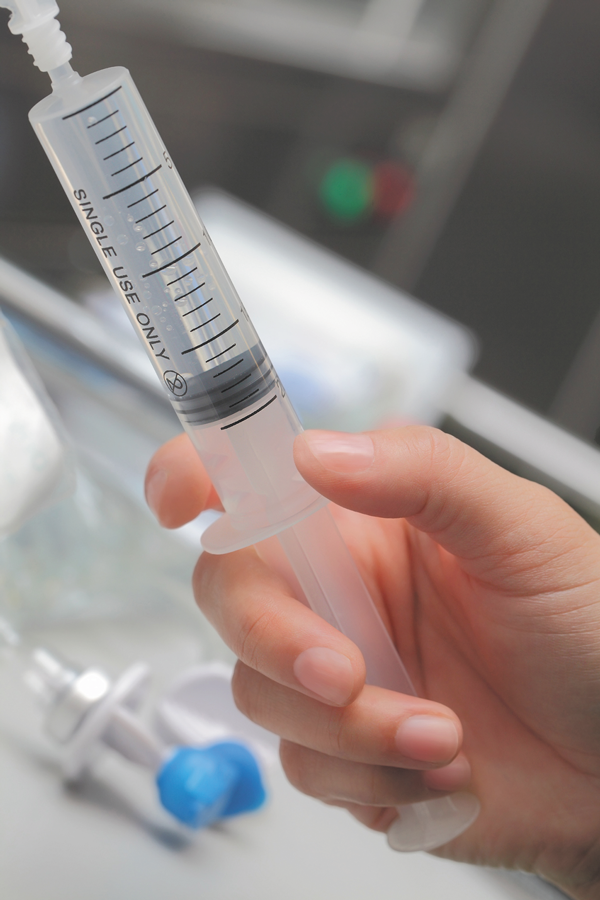
What are somatic workouts?

How to curb your stress eating

How to spot Parkinson’s disease symptoms

8 simple ways to reduce ultra-processed foods in your diet

Heart failure symptoms in women: How they’re different

GERD diet: Foods to avoid to reduce acid reflux

Strong is the new skinny

Everyday habits that sneakily weaken your bones

Don’t wait to get help for back pain

Correcting how you walk may ease osteoarthritis knee pain
Medical Tests & Procedures Archive
Articles
When do I need an imaging test for my back pain?
On call
Q. I suddenly developed low back pain for the first time. My doctor said I did not need an x-ray or other imaging test. Is that normal and are there any situations when a test would be needed?
A. Yes, your doctor is following the current guidelines. Unless you have other symptoms in addition to low back pain, an x-ray, CT scan, or MRI is not likely to be helpful. But it could cause unnecessary worry while waiting for the results and cost you some money if it's not covered by your health insurance. In addition, many people have "false-positive" results in which an abnormality is detected but turns out to be harmless.
A check on blood pressure
Your blood pressure is one of the best ways to measure overall health and possible risk factors. Do you know your numbers?
There are many important health markers: cholesterol levels, blood sugar levels, weight — to name but a few. But men often fail to use one of the most important: blood pressure.
"Your blood pressure is one of the easiest and simplest measurements and can tell you so much about your current and possible future health," says Dr. Randall Zusman, director of the division of hypertension for Harvard-affiliated Massachusetts General Hospital's Corrigan Minehan Heart Center. "Yet most people don't know their number or check it on a regular basis, so they may not be doing everything they need to lower their risk of a heart attack or stroke."
Blood test may find early signs of Alzheimer's
In the journals
A new study found that a simple blood test can detect beta-amyloid protein buildup in a person's brain years before Alzheimer's disease symptoms appear. The results were published online Aug. 1, 2019, by the journal Neurology.
High amounts of beta-amyloid can clump together and form plaques on the brain, which is strongly associated with Alzheimer's disease. Other research has found that amyloid plaques can appear as early as 20 years before the first sign of Alzheimer's symptoms, such as cognitive decline and memory loss.
Government advisory board recommends against screening for pancreatic cancer
Research we're watching
Screening symptom-free adults for pancreatic cancer doesn't appear to reduce deaths from the disease, according to a new analysis by the U.S. Preventive Services Task Force (USPSTF). The group advises against recommending screening in this group.
Pancreatic cancer is relatively uncommon, but the prognosis for people who get it is often poor, because it is frequently found at an advanced stage. This has made it the third most common cause of deaths from cancer in the United States. It was hoped that screening for the disease would enable doctors to spot cases earlier, when they might be easier to treat. However, the USPSTF reviewed findings on pancreatic cancer screening in people without symptoms and determined that there is no evidence that screening in this group — or treating cases of pancreatic cancer found on screening tests — reduces deaths from the disease. The task force concluded that the benefits of screening do not outweigh the potential harms.
Choosing an appropriate heart test
Ask the doctor
Q. My friend, who has a family history of heart disease, recently had chest pains. The doctor ordered an exercise stress test on a treadmill, which was normal. His daughter insisted on a cardio PET scan, which showed that he needed triple bypass surgery. He had the surgery and is doing well and has no more chest pain. If stress tests aren't conclusive, why use them? How can people make sure they're getting the best information about their hearts?
A. People who are having chest pain at rest or rapidly worsening chest pain (known as unstable angina) need to be evaluated in an emergency department. However, people who have so-called stable angina (their chest pain occurs during certain activities and then goes away when they rest) are usually evaluated in a clinic or doctor's office.
Should I get my vitamin D levels checked?
On call
Q. Are there any particular reasons why men should get a routine blood test to check for a vitamin D deficiency?
A. The importance of sufficient vitamin D for bone health has a long history. In the past few decades, several studies have suggested that vitamin D might have other health benefits as well.
Farewell to fasting before a cholesterol test?
Research we're watching
Don't want to skip breakfast before your cholesterol test? You probably don't need to. A study published online May 28 by JAMA Internal Medicine adds to the evidence that fasting isn't necessary before this common blood test, often referred to as a lipid profile.
For the study, nearly 8,300 people at risk for heart disease had fasting and nonfasting lipid profile tests done at least four weeks apart. (Fasting means they had nothing to eat or drink except water for at least eight hours before the test.) The differences in their total, LDL, and HDL cholesterol values were negligible. Triglyceride levels were modestly higher in the nonfasting samples.
Bypass or angioplasty with stenting: How do you choose?
Photo: Thinkstock |
It's your doctor's call, but it's good to understand, and to weigh, your options.
Your heart doesn't just pump blood—it needs blood to survive. So, when blocked coronary arteries threaten the heart's blood supply, something must be done.
What is a bubble study?
Ask the doctor
Q. My cardiologist mentioned that he was going to do a "bubble study" during my echocardiogram. What is that?
A. During an echocardiogram, a technician uses a probe that emits high-frequency sound waves (ultrasound) that "echo" off the structures of your heart. The waves, which are translated into video images visible on a monitor, can reveal in-formation about your heart's structure and function. A bubble study gives added information, as it can identify potential blood flow issues inside your heart.
Feel healthy? You still may be at risk for heart disease
In the journals
Even if you believe you're in excellent health, you could still be at risk for a heart attack or stroke, suggests a study of more than 6,800 people, average age 62, published Feb. 15, 2019, in JAMA Network Open. At the study's beginning, participants rated their health as excellent, very good, good, or poor/fair. (More than half the men reported being in very good or excellent health.)
Next, everyone had a coronary artery calcium (CAC) scan, which detects plaque buildup in the arteries of the heart. The scores range from zero to 100 and higher, with zero meaning no plaque buildup is present and cardio-vascular disease risk is at its lowest.

What are somatic workouts?

How to curb your stress eating

How to spot Parkinson’s disease symptoms

8 simple ways to reduce ultra-processed foods in your diet

Heart failure symptoms in women: How they’re different

GERD diet: Foods to avoid to reduce acid reflux

Strong is the new skinny

Everyday habits that sneakily weaken your bones

Don’t wait to get help for back pain

Correcting how you walk may ease osteoarthritis knee pain
Free Healthbeat Signup
Get the latest in health news delivered to your inbox!
Sign Up










